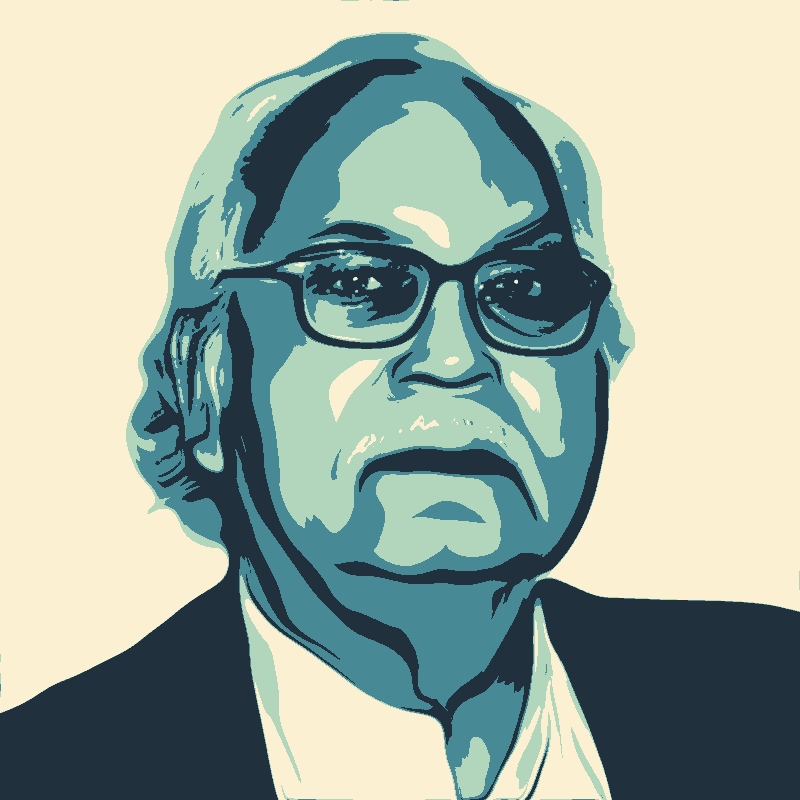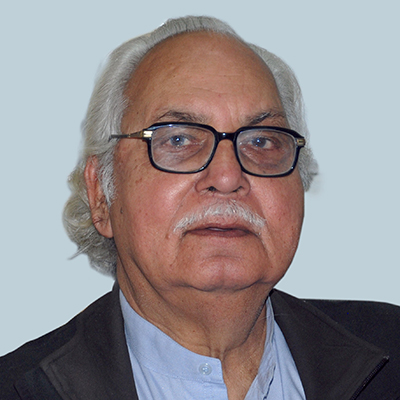
Professor R. Kumar’s legacy, marked by his visionary leadership and remarkable contributions, continues to inspire and elevate the Department of Chemical Engineering.
In February 2022, we mourned the loss of Professor R. Kumar, a renowned chemical engineer and Padma Bhushan laureate. Through his visionary leadership and exceptional contributions, he significantly transformed the Department of Chemical Engineering, bestowing upon it the high regard it enjoys today. The Department remains dedicated to perpetuating his esteemed legacy.
cea
Professor Rajinder Kumar obtained his Bachelor of Science and Master of Science degrees from Panjab University. In 1956, he joined the Department of Chemical Engineering at IISc on a fellowship awarded by the Government of Punjab, to pursue a PhD under the supervision of Prof. E Weingaertner and Dr. RL Datta. Subsequently, Prof. Kumar joined the department staff as a Junior Research Assistant, in the year 1958. He earned his PhD degree in 1965 by submitting his thesis to Panjab University. Earlier, Prof. Kumar was appointed as a Lecturer in the department in the year 1963. He was promoted to the post of Assistant Professor in 1967 and Professor in 1970. Prof. Kumar served IISc in various administrative roles, including as the Chairman of the Department of Chemical Engineering from 1976-79, the Chairman of the Division of Mechanical Sciences from 1980-83, and the Dean of Engineering from 1990-92. While he retired in 1998, his continued association with the department contributed to the growth of the department in many ways.
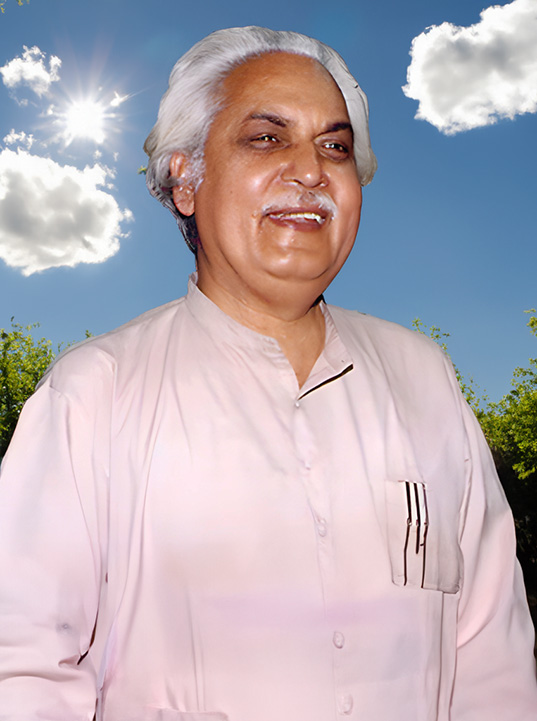
mission
Professor Kumar championed internationalization as essential for the Department’s advancement, advocating for breakthrough research through global collaboration and diverse expertise. To seize future opportunities, the Department must embrace internationalization and remain agile to adapt to the dynamic professional landscape. The Professor R. Kumar Fund (RKF) was established to support initiatives aligned with his vision, fostering the Department’s aspirations in teaching and research. These efforts aim to enhance international engagement and collaborations, propelling the Department to new heights. Contributions from alumni, faculty, friends, well-wishers, industry, and organizations are warmly invited to support this transformative journey.
Find out more about the Prof R Kumar Fund from the Office of Development and Alumni Affairs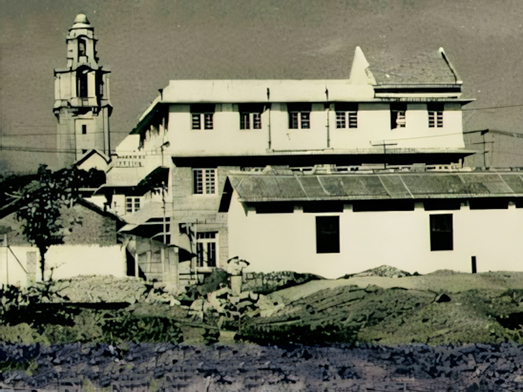
Prof. R Kumar was a faculty of the Department of Chemical Engineering from 1958 till 1995 but contributed to the department well after his retirement.
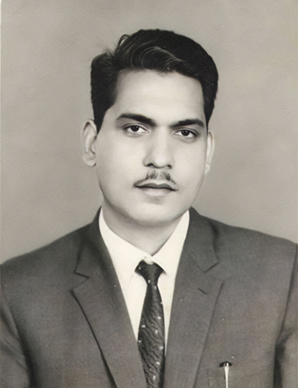
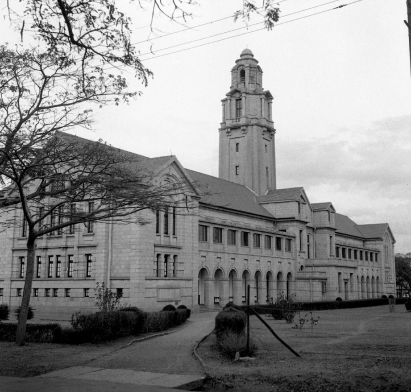
whatIsChemE
Prof. Kumar’s research established new directions in various areas of multiphase phenomena. He was a recognized by several awards, including the Shanti Swarup Bhatnagar Prize (1976), the Herdilia Award of Indian Institute of Chemical Engineers (1985), the VASVIK Award (1986), the Alumni Award for Excellence in Research in Engineering from IISc (1991), the FICCI Award (1994), and the Lifetime Achievement Award of the IIChE (2008) for his contributions. He was also a fellow of the Indian National Academy of Engineering, the Indian Academy of Sciences, and the Indian National Science Academy. In recognition of Prof. Kumar’s significant contributions and glorious achievements, he was conferred with the Padma Bhushan by the Government of India in 2003.
